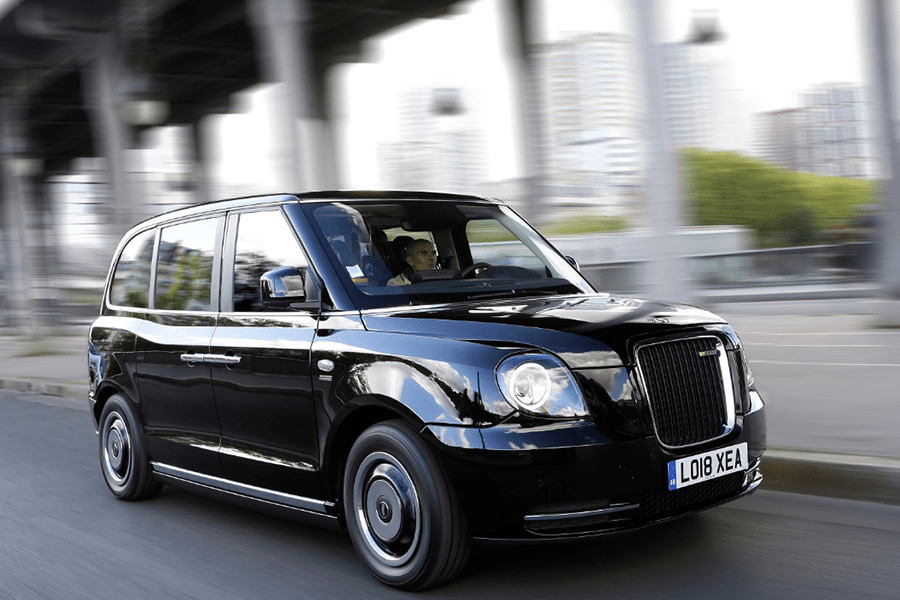UK funds wireless charging trial for electric cabs
The British government announces an investment of 3.4 million pounds for tests on wireless charging of electric taxis. Specifically, ten e-taxis from Nissan and LEVC are to be equipped with appropriate hardware and inductively charged in Nottingham for six months.
++ This article has been updated. Kindly continue reading below. ++
The project is a collaboration between organisations including Cenex, Sprint Power, Shell, Nottingham City Council, Parking Energy, Transport for London and Coventry University. The test is to trial “taxi rank-based charging,” according to the government’s communication.
The electric vehicles used in the pilot are owned by the Council and will be rented to cab drivers free of charge. The communication does not provide any details on the inductive charging technology used in Nottingham. However, if the trial proves successful, Nottingham City Council hopes to roll out the technology more broadly for public use. Counsellor Longford, Deputy Leader at Nottingham City Council, expects this to “take us a further step forward towards our goal of being carbon neutral by 2028”.
The move to fund an electric taxi project is also in line with the national government’s strategy to decarbonise inner-city traffic. At the launch in Nottingham, Transport Secretary Grant Shapps said: “Taxi drivers up and down the country are at the vanguard of the electric vehicle revolution.”
To foster this evolution, other measures designed for cabbies to make the (soon obligatory) switch to electric cars include the exemption of zero-emission taxis from the higher rate of vehicle excise duty and £20 million for 27 local authorities to install electric taxi charge points across England and Scotland. The government is also offering a £50 million grant fund that provides drivers with up to £7,500 off the price of a new, eligible taxi. Besides, London has announced plans to invest an extra £24m to help more black cab drivers. The programme will more than double the TfL’s existing £18m fund so that 1,000 more drivers are set to benefit from the maximum £10,000 payment from trading in their combustion vehicles for greener options.
There have been advances in wireless charging in the UK: After sealing a partnership with the German induction specialist Magment, Connected Kerb began installing charging plates on UK streets and in carparks last year.
Also on the continent, such trials are underway in the German cities of Cologne and Hanover. Then in Norway, Finnish energy supplier Fortum and U.S. American specialist Momentum Dynamics set up a wireless fast-charging infrastructure for electric taxis in Oslo.
Update 14 August 2021
The first vehicle trials will start next month, and the initiators have announced that all ten electric taxis should be in operation by early autumn. The fleet of ten modified LEVC TX and Nissan Dynamo electric taxis will be trialled and see drivers transport members of the public in real-world tests for a period of six months. According to the initiators, the trial will capture information such as journey distances and battery performance data, while drivers will report back on their experiences using the technology.
“We are delighted to be part of this pioneering project and are on track to deliver these custom-built products in time for the taxis hitting the streets of Nottingham,” said Richie Frost, CEO of Sprint Power, “I firmly believe this exciting project not only demonstrates Sprint Power’s technical and engineering capabilities; it also underscores the importance of wireless charging technology to this country’s shift towards sustainable mobility.”





1 Comment